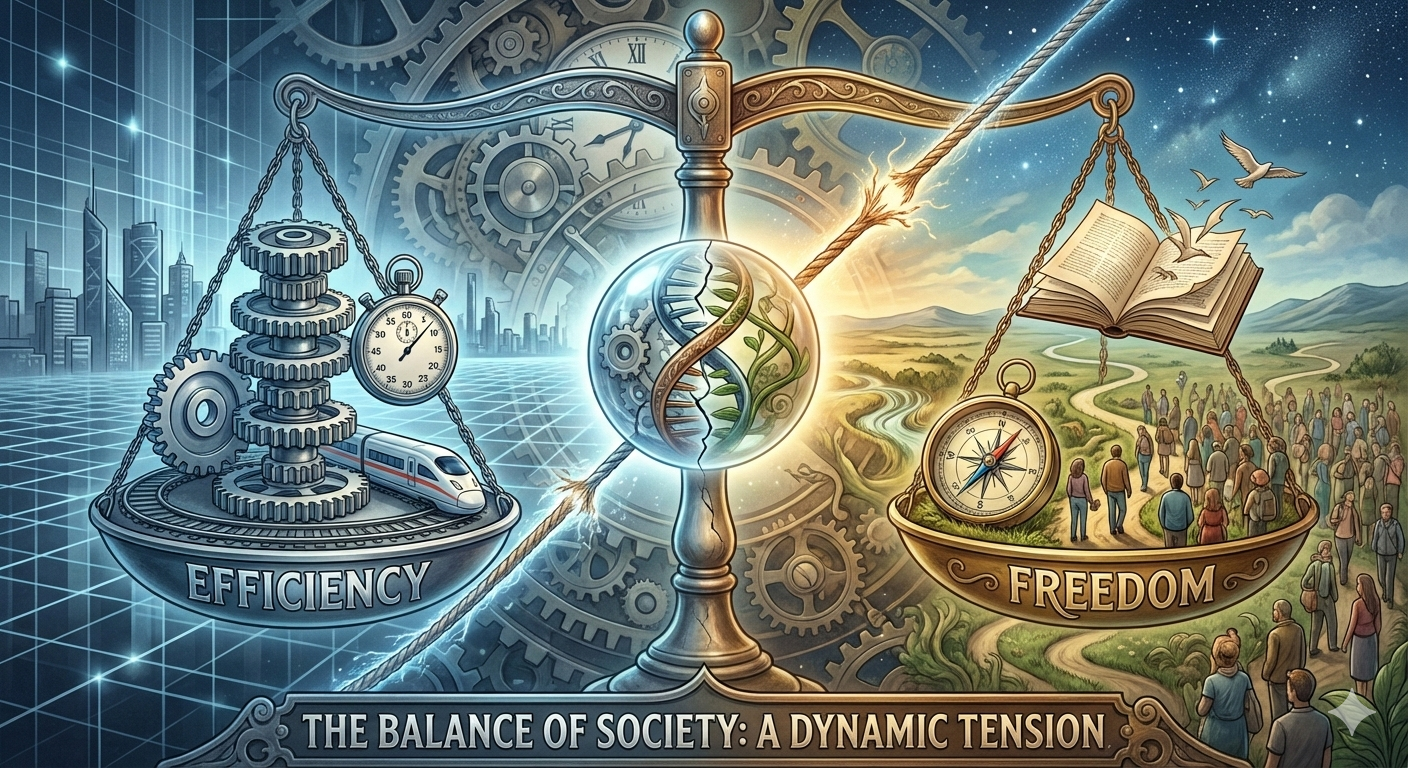Prices and Products by Caroline Attwood, licensed under Unsplash license
Governments have argued throughout history that they can make the economy better by imposing price controls, appearing as a knight in shining armour in the eyes of the general public. Though it sounds romantic and hopeful about the government’s intentions, these price-controlling mechanisms end up doing more damage to the economy. To elaborate on this, let us take a recent case in Sri Lanka, where the government excelled in creating chaos and food shortage in the market, by trying to impose price controls.
About six months ago, the government announced that they will impose price ceilings for each rice crop, to protect the consumer. Also, the Government of Sri Lanka (GoSL) introduced a price floor for farmers, to sell to the rice vendors, who ultimately sell to consumers. In a simple sense, this procedure sounds like the best solution to protect farmers and consumers. But in the end, it resulted in creating food shortages, constant raiding of rice shops, causing several farmers to commit suicide due to their heavy debts, and ultimately the government resorting to importing rice.
Let me take the rice vendor’s point of view for a second. If I have a particular price floor, where I must pay a fixed price, I will not be able to maximise my gains on buying and selling rice (since I must obey a price ceiling when I am selling). In that instance, I have several options to enhance my gains. The first option is, to move towards a different crop, where I can get a better profit, resulting in fewer vendors in the market in the rice industry.
Or, create an artificial shortage in the market by hiding stocks and selling the crops in the black market with a bigger margin. This results in constant raids by the Consumer Affairs Authority (CAA) and filing cases against many retailers.
Additionally, price controls drive off small-scale entrepreneurs since they cannot afford to function with a minimal margin. This ultimately creates a monopoly or oligopoly in the market, where there is no competition, which in turn hinders innovation and market efficiency.
Now let me take the general farmer’s point of view. I would not be motivated to produce crops by using better input, since I know that vendors are not able to pay a high price for my crops (since they won’t be able to sell my crops at a higher price). This creates inefficiency and a lack of competition as well. Further, if I have a large stock, and because of the price controls, vendors are only buying a limited stock from me, it creates waste in crops ultimately resulting in a great loss.
Due to bad climate, reduced water quality, fertilizer issues, etc., farmers cannot produce more output. In these conditions, if there is price control, they cannot sell their crops at a higher price. This explains why there has been a spike in incidents of farmers committing suicide after the imposition of price controls.
This affects the consumer as well. We now know these price controls create a decrease in rice vendors, which will lead to a shortage in stocks. Assuming earlier there were a hundred shops selling rice, and now there are only ten, consumers have no choice but to buy rice from those ten shops. That results in long queues in these shops, creating large opportunity costs in consumers, which in turn affects the economy as well.
Imagine you have a fever in your body. You know with enough rest and time, your body will automatically recover. In fact, you know that fever itself is a natural measure taken by your body to combat a pathogen. But knowing this, you decide to manipulate the thermometer readings and convince yourself that you do not have a fever, and everything will get back to normal, rather than giving yourself enough rest.
The same logic applies to economics as well. We must allow the market to function, without intervening artificially. The market has the phenomenal ability to adjust itself, without any external interference. The most efficient markets perform by letting the prices do their work.
However, with these implications in place, we can still see governments throughout the world going ahead with price control policies. It is time for us to take a stand and say ‘Enough is Enough, Let Liberty do its magic!!!’
This piece solely expresses the opinion of the author and not necessarily the organization as a whole. Students For Liberty is committed to facilitating a broad dialogue for liberty, representing a variety of opinions.








